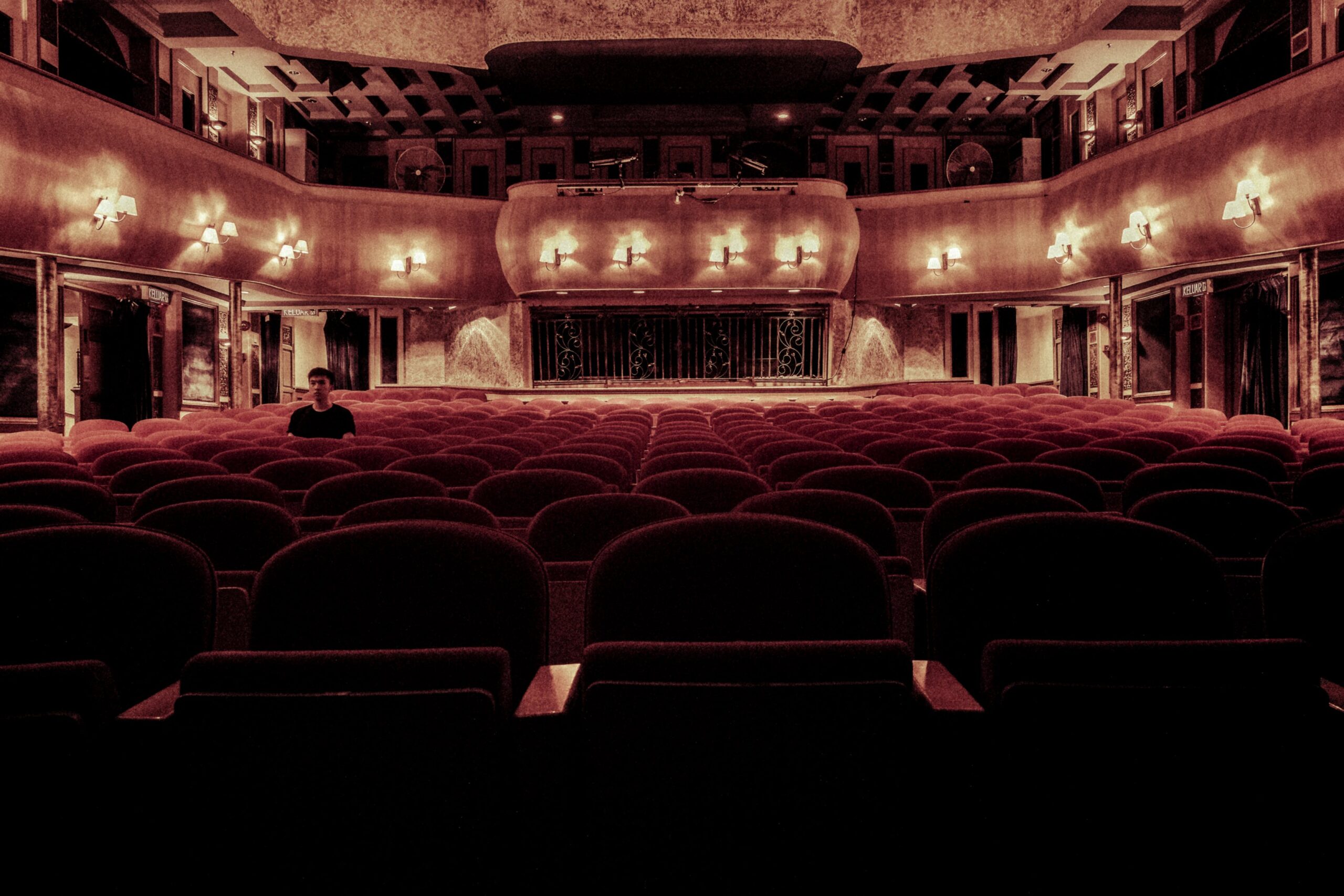THATO CHUMA
“The movie theatre, the armchairs, the darkness, the sound system wrap-around, the sound of the video projector, the silent and the emotional sharing, the whispers during the roll-in, the smell of hot popcorn are all things that we risk to lose and that future generations are unlikely to get to know.”-Flavio Artusi
The once timeless concept of the ‘cinema experience’ is currently facing its harshest downturn, aggravated by the reality of COVID-19 which has relegated us to spending most of our time in the confines of our homes. Just like every other industry worldwide, the move to digitise services and the rise of streaming platforms has bruised movie theatres’ profitability locally and globally, with a clear example being the closure of New Capitol Cinema at Game City in Gaborone.
As of the first quarter in 2020, streaming service Netflix boasted over 182 million paying subscribers worldwide. Google searches for Netflix surged in March 2020 as more people were forced into quarantine. By March, Google searches for Netflix surged to its highest point in 12 months when compared to Disney+ and Amazon Prime Video. While it is still unclear how many Batswana are subscribers, there were about 1.09 million internet users in Botswana in January 2020, according to Datareportal. The number of internet users in Botswana increased by 23 000 (+2.1%) between 2019 and 2020. However, the average Motswana can afford social media data packages more than they can afford a monthly internet service provider which costs a minimum of P1 000 for home installations and P400 in monthly subscriptions.
With flamboyant and trendy slogans such as “netflix and chill,” streaming services are ahead of the curve relative to marketing and promotions while traditional theatre houses are struggling to remain relevance and to find a position that would resonate enough to surge ticket sales. Netflix reported over $20.15 billion in revenue for 2019. But despite a seemingly strong belief that cinema attendance continues to decline, numbers are showing that movie streaming has not really impacted cinema attendance, especially in light of popular blockbuster movies, a significant one being the premiere of the Black Panther movie. The experience – dressing up, grabbing a few snacks and entering a hall full of people – is still an ‘event’ that many look forward to.
Local developer, Itumeleng Garebatshabe, states that this industry downturn is also posing an opportunity: “We have realised that this surge in streaming subscriptions has given content producers an opportunity to widen their reach through these platforms,” he says. “As BWMade – a platform that intends to eventually stream local film and documentary content, we are faced with challenges when establishing models that would allow Batswana to access local films. Impediments such as high data prices and slow internet speed are huge hurdles for Batswana who want a seamless experience on online streaming services. Cinemas are struggling mainly because of expensive tickets.”
With Botswana’s film industry still relatively infant, there’s still a lack of representation on platforms such as Netflix, as compared to our counterparts such as in South Africa who have numerous films that are on the service. No-table online production houses such as HUB TV, owned by Oaitse Chamme, are gradually carving their mark as the future of digital content in Botswana. Having started as a commuter oriented platform in Gaborone’s public transport, they have expanded into the online content market.
The way movie theatres have been disrupted is incontestable both locally and internationally, and it should be intriguing to see how the cinema houses mitigate this in the face of aggressive digitisation, and COVID-19. But in our world of daily developing technologies, we hope to see them reinventing themselves to survive.




